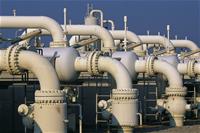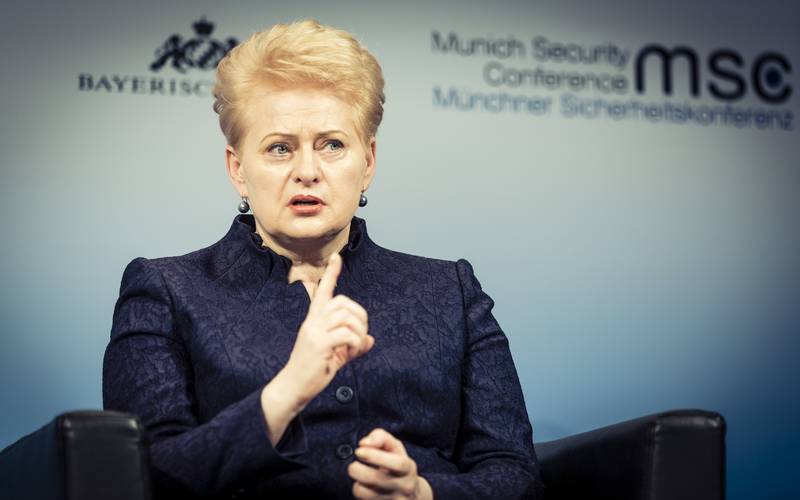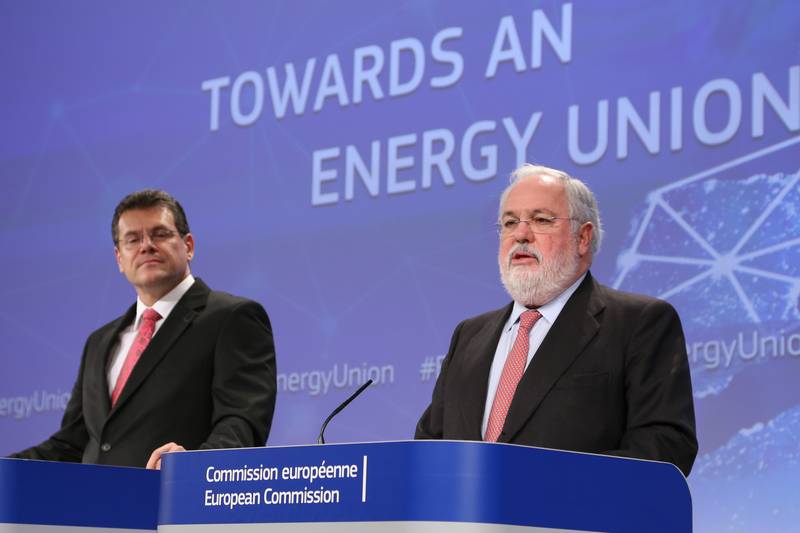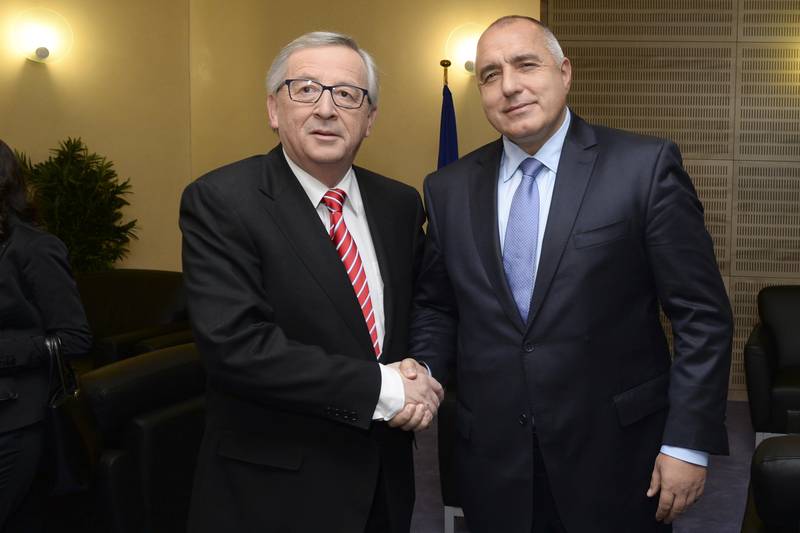Where is Russia going?
euinside, January 25, 2010
 Is no news good news? This is the question to which Sergey Aleksashenko, former deputy minister of finance of the Russian Federation and former deputy governor of the Russian central bank is trying to answer in an article for the Carnegie Endowment for International Peace. According to him, Russia's economic development and, therefore, influence is facing serious challenges. As recent data shows, Russia’s recovery remains slow and non-impressive, with GDP expected to contract by up to 9 percent in 2009. At the same time, the ruble has appreciated steadily since March, escalating debates among authorities on exchange rate policy of the Central bank.
Is no news good news? This is the question to which Sergey Aleksashenko, former deputy minister of finance of the Russian Federation and former deputy governor of the Russian central bank is trying to answer in an article for the Carnegie Endowment for International Peace. According to him, Russia's economic development and, therefore, influence is facing serious challenges. As recent data shows, Russia’s recovery remains slow and non-impressive, with GDP expected to contract by up to 9 percent in 2009. At the same time, the ruble has appreciated steadily since March, escalating debates among authorities on exchange rate policy of the Central bank.
Because of domestic demand still weak, President Medvedev and Prime Minister Putin have spent significant time expanding Gazprom’s presence in European markets. Meanwhile, the country’s second biggest oil company, Lukoil, is actively moving its business outside of Russia.
On the other hand, Aleksashenko writes, many experts doubt that Gazprom will have enough gas 5–10 years from now to fill the new lines, which should deliver at least 60 bcm/year, with the potential to increase to 90 bcm. And here comes the interesting part of Sergey Aleksashenko's analysis - before 2009, Gazprom relied on Turkmenistan for 50 bcm/year, but, with Ashkhabad’s recent reorientation of export flows to China and Iran—as well as Europe’s consumption potentially recovering in the future—Gazprom may be short of gas in 2–3 years.
In the middle of December 2009 a new pipeline from Turkmenistan to China was opened and China intends to import up to 30 bcm/year by 2013. Furthermore, the existing pipeline from Turkmenistan to Iran was also extended, allowing for flows of up to 20 bcm/year, up from 8 bcm/year.
Another challenge for Russia's energy influence are the growth of LNG deliveries, which will make Gazprom will likely face significant problems. As a result of its relatively high production and transportation costs, Russia’s gas prices will not be competitive in European markets. Gazprom’s use of long-term take-or-pay contracts leaves it with only one option for sustaining its competitive position: signing new, long-term contracts as soon as possible—before new gas producers emerge.
Another signal for the hardship of Russia's economy is the emblematic oil company Lukoil which is the biggest private company in the country, second after the state-owned Rosneft. Recently the company announced a new strategy that is notably less ambitious than the previous one, potentially raising concerns about the long-term prospects of Russia’s oil industry. Instead, the company entered steadily in Iraq by winning a tender for the development of a large deposit. The reason for all this, according to Aleksashenko is that the state has clearly indicated its preference for state-owned oil and gas companies by creating extremely difficult conditions for private ones.
For example the taxes imposed on the oil industry since 2003 leave oil companies with no more than 10 cents for each dollar increase in price per barrel exported. Because the Russian oil industry exports 40 percent of production, companies are left with little money to invest in new development. Besides, state-owned companies receive new licenses without tenders, get preemptive rights to buy assets sold in Russia, and have obtained a monopoly on all off-shore deposits.
The former deputy minister fell short from making any conclusions in the end of his publication, thus leaving the issue open for further discussions, which, in fact, are going on for years - about Russia's capabilities to quench its appetites for gas deliveries for Europe. Furthermore, for the last years the wild growth of state wealth and stability was mainly due to the high international prices of oil and gas.
Of course, demand for this energy resource will not end but it is also true that the development of new deposits requires investments and it is not very clear whether the Russian Federation can afford them. These investments can very soon become necessary given the fact that even more former Soviet states like Turkmenistan and Kazakhstan are more and more keen on serving China because of its vast market and the availability of money which can be paid right away.
 Dalia Grybauskaite | © MSC/Koerner
Dalia Grybauskaite | © MSC/Koerner Maros Sefcovic, Miguel Arias Canete | © European Commission
Maros Sefcovic, Miguel Arias Canete | © European Commission Jean-Claude Juncker, Boyko Borissov | © European Commission
Jean-Claude Juncker, Boyko Borissov | © European Commission